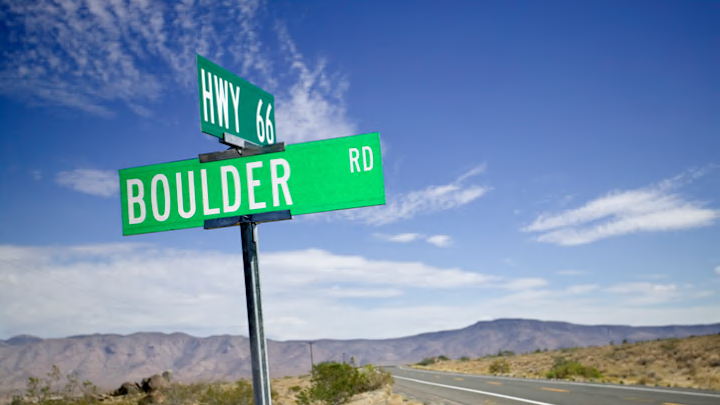Whether you grew up in a big city or in a lewdly named small town, you may have wondered how the local streets got their names. Why might all of the roads in a new residential area be named after trees or characters from the legend of Robin Hood, for example?
For the most part, real estate and subdivision developers have the privilege of naming new streets in the United States. The name is submitted to the city for review, at which point the public service agencies, including the police department, fire department, and post office, are given the opportunity to veto the name if they feel it creates any confusion.
“The developer submits street names to the city through the relevant departments for review,” Catherine Nicholas, CEO of the CADO Real Estate Group in San Diego, told Zillow. “The building, engineering, and public works departments all comment, but the departments that have the most input and veto power are police and fire.” That’s because those agencies need to be able to pinpoint an emergency based on the street names, so the proposed names and intersections need to be unique for the area.
While developers can feel free to submit any name they’d like for a new street, such as the name of their child, cities usually have guidelines and standards for certain areas that require street names to be of a specific theme.
This is why, for example, you see a large quantity of streets named after trees in one particular section of Philadelphia, or U.S. states represented in avenue names in Washington, D.C. If the proposed name of a new street does not fit that theme, there’s a good chance it will be rejected, but how strict these policies are depends on the individual jurisdiction. If you happen to be a developer and want to name a street after yourself, you’d have better luck in a new suburb than in an established city.
Fun fact: The most popular U.S. street name is Second or 2nd Street, because First Street is often replaced with Main Street or something similar. Now read up on a few of the strangest street names in the country.
Have you got a Big Question you’d like us to answer? If so, let us know by emailing us atbigquestions@mentalfloss.com.
A version of this story was published in 2013; it has been updated for 2024.
